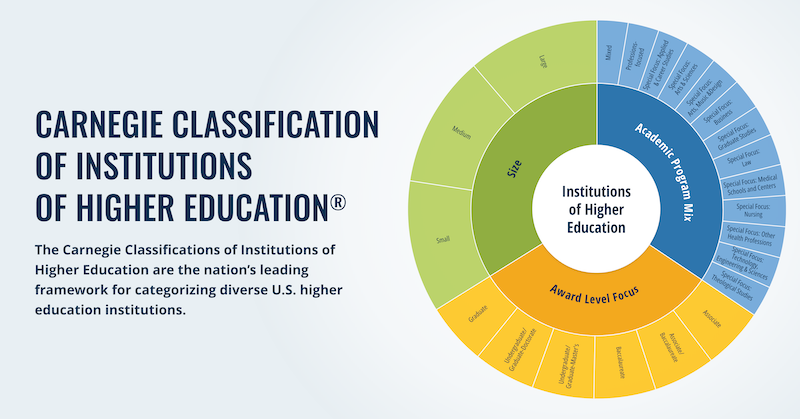Carnegie Project to Examine Improvement Networks
April 22, 2013
The Carnegie Foundation for the Advancement of Teaching has selected two organizations to work with on a two-year program of study that seeks to better understand the work practices of networks that are deliberately organized to improve teaching and learning in schools, colleges, and other places where people learn. The goal is to move the education field’s understanding of how improvement networks are organized and initiated. The formation of these networks is of particular interest because increasingly education organizations are turning to improvement networks as a potentially valuable new collaborative arrangement to support educational improvement.
Funded by the W.T. Grant Foundation in cooperation with Carnegie, the two external networks chosen by Carnegie are the Mathematics Teacher Education Partnership (MTEP), organized by the Association of Public and Land-grant Universities (APLU) Science and Mathematics Teacher Imperative, and the Silicon Valley Research Alliance within the Regional Educational Laboratory, West (REL West) at WestEd. The project also involves two of Carnegie’s own networked improvement communities, the Building a Teaching Effectiveness Network (BTEN) and the Community College Pathways (CCP) program.
The MTE-Partnership currently consists of 38 partnership teams comprised of 87 school systems, 68 universities, and 9 community colleges across 30 states. The goal of the Partnership is to transform the nation’s preparation of secondary mathematics teachers, with particular attention to equipping them to address the Common Core State Standards in mathematics.
The Silicon Valley Research Alliance within REL West is a partnership with the Silicon Valley Education Foundation, multiple school districts, and education service providers. The Alliance aims to improve algebra proficiency and overall high school mathematics success rates by using data analysis and research to guide instructional changes and shifts in mathematics course placement policy.
BTEN brings together leaders in education practice, policy, and research to improve school district systems and processes that support new teacher development. It aims to help new teachers become effective faster.
Through CCP, Carnegie has engaged networks of faculty members, researchers, designers, students, and content experts in the creation of two new mathematics pathways, one in statistics and the other in quantitative reasoning. The goal is to turn around the alarming failure rate of students in developmental mathematics, taking students through a college credit course.
“We hope to use this opportunity to uncover what is both common and different about these four efforts to pursue educational improvement through networked improvement communities and the ways these networks operate that is engendered by their different problem contexts,” said Carnegie Senior Fellow Louis Gomez, who is helping to lead the Foundation’s work in evaluating the effectiveness of networks. Working with Gomez in this effort is Jennifer Lin Russell from the University of Pittsburgh.
This new project is expected to provide a forum for each of the four networks to learn more about launching an improvement network and to help Carnegie better understand the demands of initiating new networks to better support large-scale improvement work.





